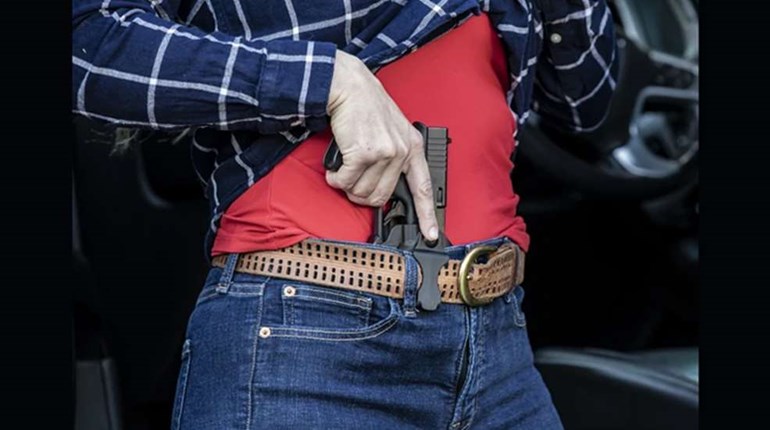
The Trump administration recently published new rules that will benefit the U.S. firearms industry and gun owners. This all had to do with broad-based export-control reforms, and the process for this was begun during the Obama administration. At the time, other industry sectors involved in this process benefitted from reforms, as their oversight for exporting goods was moved from the U.S. Department of State to the import-export specialists at the U.S. Department of Commerce, but the Obama administration decided to exclude America’s firearms and ammunition industry for political reasons.
They didn’t care that this was a problem that harmed small American businesses, such as gunsmiths. With the State Department regulating these businesses, the federal government told gunsmiths they had to pay an annual $2,250 fee to comply with the Arms Export Control Act. This act requires any business that manufactures, exports or imports a firearm (as it’s considered to be a “defense article”) to register with the government and pay $2,250 every year. Obama’s State Department extended the definition of “manufacturing” to include many common upgrades or modifications to existing firearms, thus reaching gunsmiths who did not export their work.
Meanwhile, with the State Department in charge, gun and ammunition manufacturers also had to get congressional approval for all foreign orders over $1 million. This congressional review was sometimes held up by anti-gun Democrats in the U.S. Senate who like to punish gun companies for being gun companies.
The Trump administration has fixed this. These changes, however, won’t end oversight of firearm and ammunition exports, as the U.S. Department of Commerce already consults with the State Department on defense-related export approvals. The new regulations became effective March 9, 2020.


































